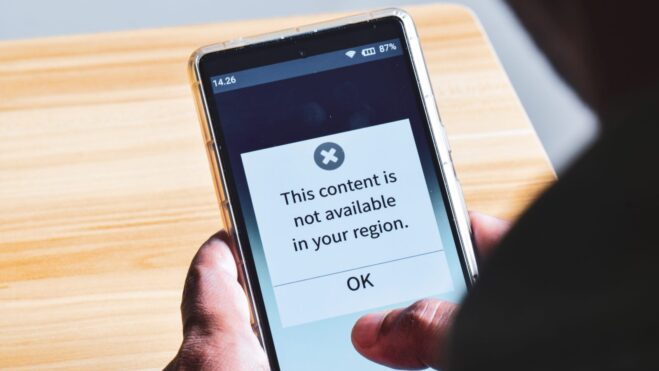Sparket: The Platform Making Friendly Wagers More Social And Accessible
Our ‘Start Me Up’ series looks at an LA company started by friends who went from math club to market disruptors
2 min

The gaming industry is bustling with innovative entrepreneurs ready to gamble on great ideas. In the “Start Me Up” series, Casino Reports explores newer, smaller companies either making it big or showing the potential to do so.
Sparket, a Los Angeles-based company, is flipping the script on how people bet on sports, esports, and pretty much anything else you can think of. At its core, Sparket turns just about any event with an uncertain outcome into a gamified betting experience.
“We’re a B2B platform that helps enable more engagement for clients to play on anything,” said Aaron Basch, the company’s CEO and co-founder. “From a local cornhole tournament to the Super Bowl, we can turn anything into a fan engagement product.”
The company’s backstory starts with Basch and co-founder Evan Fisher, longtime friends and former high school math club nerds. Basch, a math teacher turned finance professional, and Fisher, a Google alum with an MBA, first started tinkering with esports betting software during the early days of the COVID-19 pandemic. Think friendly wagers on games like The Settlers of Catan.
“We went to Vegas and saw that esports betting was legalized, but operators didn’t have the software or the pricing models for it,” Basch said. “We realized we could fix those two things.”
Esports was just the beginning. Sparket soon found a niche in less crowded markets, like golf. “People have a little more money in golf than esports and a little more free time to bet on it,” Basch explained.
Fast forward to today, and Sparket’s platform supports betting on everything from golf tournaments at country clubs to drone races and even reality TV show outcomes. The company works with tribal casinos, bars, and restaurants to run free-to-play contests that draw customers to their locations.
Peer to peer
Here’s how Sparket stands out: It’s not a traditional sportsbook. The platform uses a peer-to-peer parimutuel betting model. In plain English, that means bettors play against each other, not the house, with odds shifting based on the pool size.
And the bets? They go way beyond the standard spread or over/under.
“We’re doing things like, ‘Will Bill Belichick coach another NFL team?’ or ‘What will be the hottest song of 2025?’ It’s fun, and people want to do this,” Basch said.
This approach has made Sparket a valuable partner for big names like Station Casinos and PENN Entertainment. Through PENN’s social platform, for instance, Sparket offers bets aimed at novices — no big money required.
“Not everyone wants to bet hundreds of dollars on a game,” Basch said. “But they might be interested in betting on things like the first touchdown scorer or even Dancing with the Stars.”
Real money and the road ahead
The future? Real-money betting. Basch said Sparket is gearing up to make a splash in that space as regulations evolve. The company is also building partnerships with sports leagues and streaming platforms to create custom betting experiences for niche audiences.
“There’s a proliferation of people streaming directly to their followers,” Basch explained. “You need a platform that can adapt to that. If you can’t set odds on all these different things, you’re never going to be able to take advantage of it.”
One of Sparket’s secret weapons is its ability to scale fast. Whether it’s a Super Bowl party or a small local event, the platform’s backend can handle it.
“We can set this up instantly for any client,” Basch said. “It’s like being the commissioner of a fantasy league but for real-time events.”
In 2025, Sparket plans to roll out more features — think reward systems, leaderboards, and customizable avatars. For Basch and Fisher, the goal is simple: make betting more social, accessible, and fun.
“Our goal is to power everything,” Basch said. “Whether it’s a local video game tournament or something as big as the Super Bowl, we want to be the platform that brings people together through gamification.”




